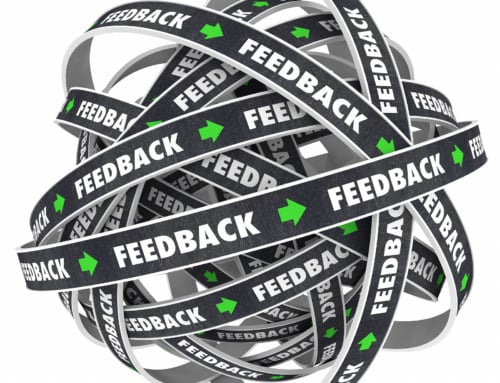As a lawyer who advises ad and marketing professionals, I’m regularly reminded by clients that excessive legal fees are not a fun way to spend marketing dollars. This is understandable, and to me it’s also a somewhat welcome point of view. If that sounds like an unusual perspective coming from “legal,” hear me out: it is always less costly in the long run to have a proactive approach to the legal matters that regularly arise in the business of marketing. Making a smart investment up-front in some solid legal infrastructure saves your agency the important commodities of time and money later.
So, what are some of these “smart investments” that allow agencies to save on pricey legal fees?
Have a Model Agency-Client Contract in Place – Note the use of the term “model,” which is a deliberate choice over the more popular term “form.” This is because while I am decidedly “anti-form,” your agency likely has (I last I hope it has) some consistent business practices that apply to every client, such as intellectual property ownership, payment milestones, and liability limitation. Your clients are not commodities, and neither is the work you do for them, so I advise against approaching your dealings with them with a fill-in-the-blanks form.
Instead, save time by having model contract terms and conditions developed one time, and modify or customize them client-by-client, or by project, as you have the need. It’s also my experience that the absence of model contract language makes it more likely that the agency will just skip the step altogether and start the work with no contract – one of the easiest ways an agency can cost itself extra money on excessive legal fees if the client relationship doesn’t work out.
Have a Model Agency-Freelancer Agreement in Place – Freelance resources are a modern fact of life for agencies. Many independent agencies use them on every client campaign or project. Developing a model freelance agreement eliminates questions over issues like ownership of copyright in the work they contribute, client confidentiality, and whether they can work directly for the agency’s clients. Get the agreement in place before the freelancer starts work so that everyone clearly understands the playing field. And some of this model language can probably also be used in agreements with your other third party vendors such as photographers, video producers, or mobile app programmers.
Perform Brand Trademark Screening Early – It is never a fun conversation to tell a client (mine or yours) that the brand mark they selected is unavailable. Even when the agency takes the position that legal clearance is the client’s responsibility, early engagement in trademark screening can knock out mark choices that are not viable and makes the agency stand apart as your client’s partner, not just a vendor. Having documented screening results is also strong evidence of your due diligence in the unfortunate event of a trademark infringement situation, and therefore an excellent liability limitation practice for the agency.
Have a Model Publicity Rights Release in Place – This is a simple and effective way to save time when using models or actors, video footage, or customer testimonials in completed client work. Many agencies routinely use these and therefore have good language ready to go, but it is such an obvious time and money saver that it makes my “Top 5.” If your agency doesn’t have such a release, it is fast work to put one in place, and I recommend centralizing the release process so that one person or group in your agency is responsible for acquiring and tracking these documents.
Have a Clear Social Media/Content Marketing Policy – Your clients rely on your counsel for smart social media and content marketing strategies, and it’s also up to you to educate them about good practice when it comes to employing these techniques. Have a set of strong and up-to-date model policies addressing issues like testimonials, brand standards, and plagiarism that your client can implement for social media or content marketing activities, so that you’re ready when the client asks for your recommendations here (and most will). It not only positions you as an informed resource to the client, but enhances the perceived value of your strategy, and helps you implement your strategies faster.
Some of these recommended tactics bring a return on your investment of legal expenses immediately, and some add value to you and your clients over time. All of them are designed to save you money on excessive legal fees and thus, keep your agency stronger.






